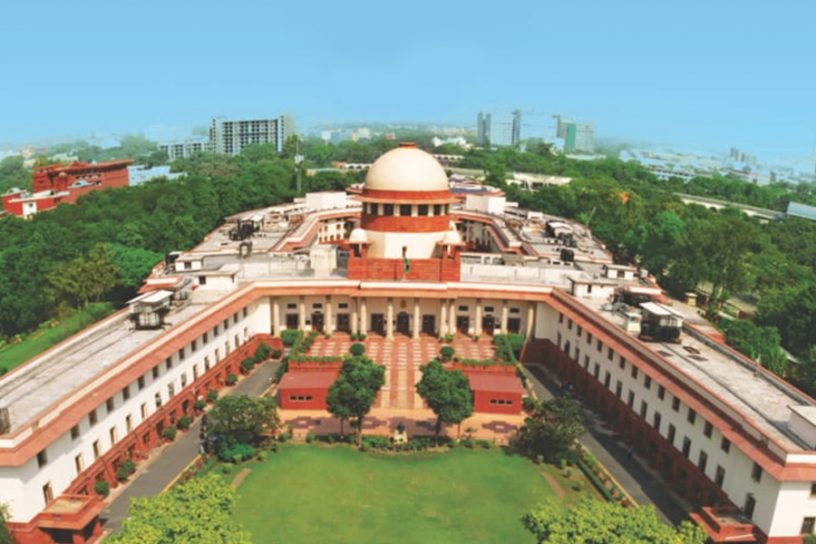
Unless there is a specific intent to enhance the material abilities of a terrorist or unlawful organisation, permitting the conviction of a person as a member is abhorrent to the rule of law.
Author
Ashish Khetan, Associate Professor, Jindal Global Law School, O.P. Jindal Global University, Sonipat, Haryana, India.
Summary
The decision by a three-judge bench of the Supreme Court last Friday (Arup Bhuyan vs The State Of Assam Home Department) holding that mere membership of a banned association is sufficient to constitute an offence under the Unlawful Activities (Prevention) Act, 1967, is a severe blow to principles of fundamental justice. The verdict has done away with the distinction between active and passive membership of proscribed organisations, which has been the basis of court rulings since 2011.
The judgment is fraught with the risk of making it legal for agencies to act lawlessly while claiming to fight terrorism and preserve the State’s security. Unless there is a specific intent to enhance the material abilities of a terrorist or unlawful organisation, permitting the conviction of a person as a member is abhorrent to the rule of law. The verdict also suffers from substantive contradictions in its reasoning.
The Court has struck down three of its previous rulings from 2011: Arup Bhuyan vs State of Assam, Sri Indra Das vs State of Assam and State of Kerala vs Raneef. While the Raneef judgment had put a narrow construction on Section 10(a)(i) of UAPA, Arup Bhuyan and Indra Das had read down Section 3(5) of the Terrorist and Disruptive Activities (Prevention) Act (TADA), 1987.
Section 10(a)(i) punishes membership of unlawful organisations with imprisonment for a term which may extend to two years. Section 3(5) of TADA penalised membership of terrorist organisations. Section 3(5), TADA, is in pari materia with Section 20, UAPA, which provides for punishment for being a member of a terrorist gang or organisation.
Therefore, Section 10(a)(i) and Section 3(5), TADA, do not deal with the same subject matter.
Published in: The Indian Express
To read the full article, please click here.


